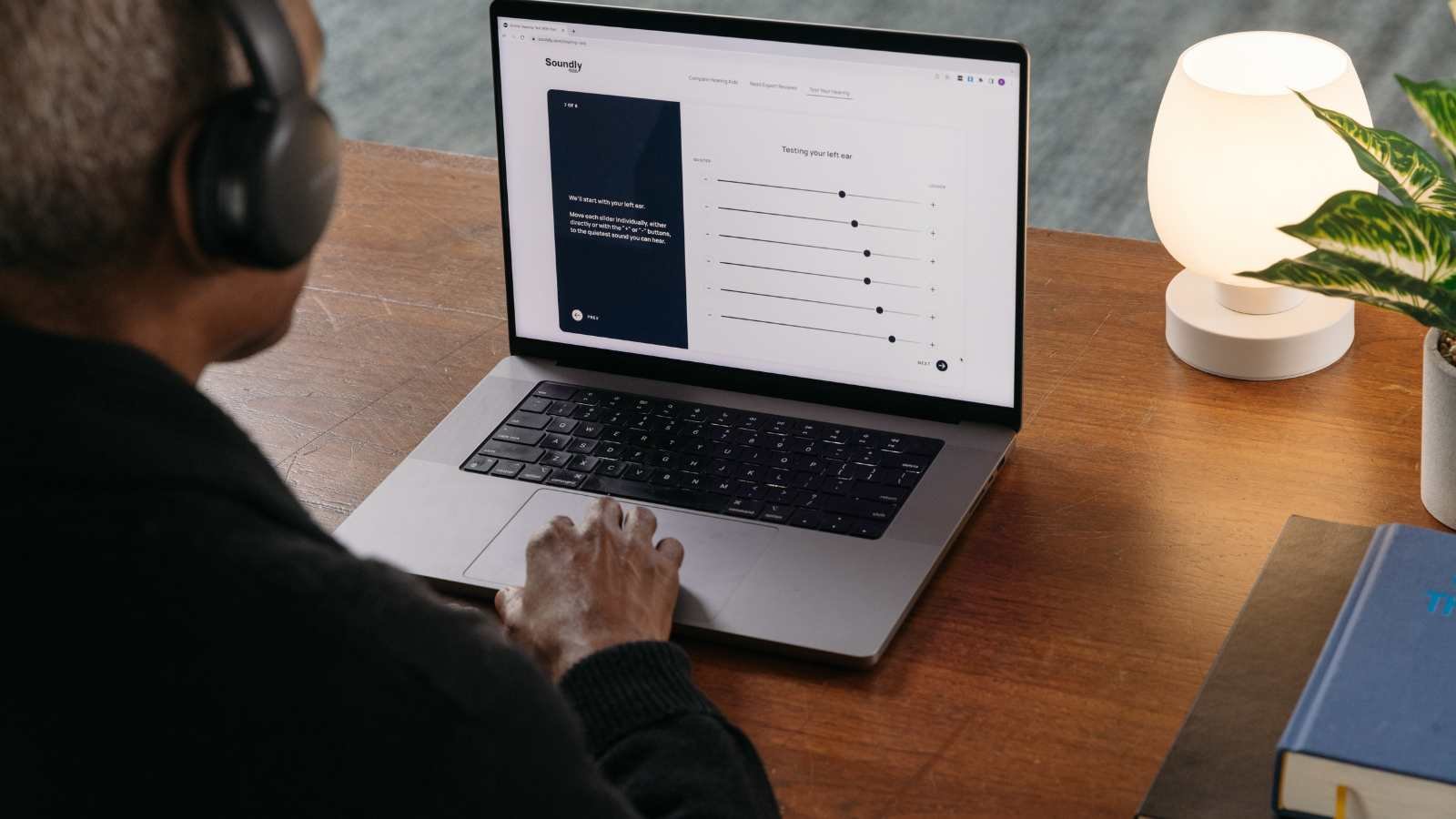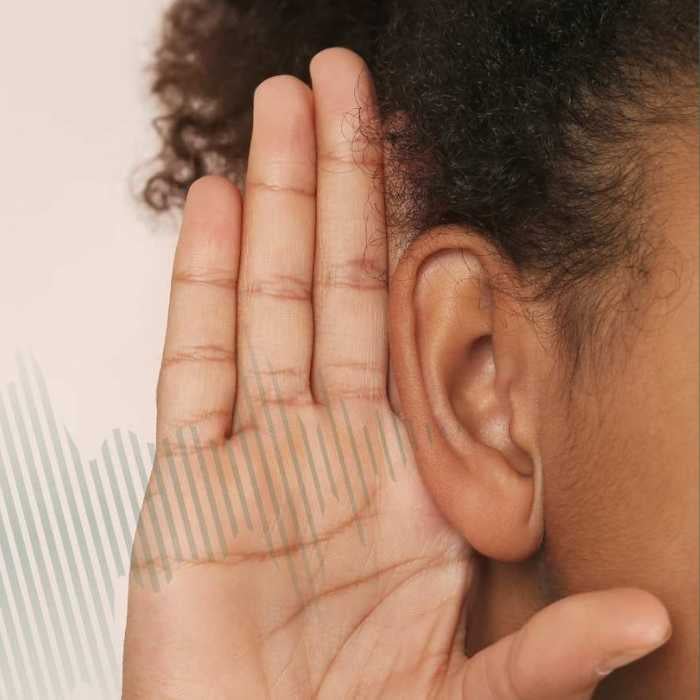Every few years, social media lights up with some version of a hearing test that promises to reveal the age of your ears. One of the most popular frequency hearing tests is the Echalk test which YouTube star Hank Green and popular channel Bright Side made popular a few years ago.
Here’s an example of a frequency test. 👇
How do frequency hearing tests like Echalk work?
Echalk and similar tests play an increasingly high-frequency tone through your computer speaker or headphones. At some point, your ears will stop detecting the sound. According to the test, the point where you no longer hear noise reveals your hearing age. According to Echalk mine is 48.
Is an Echalk test accurate? Kind of.
The Echalk hearing test is mostly a fun party trick. It lacks the nuance to truly diagnose your hearing loss. That said, it's not a total bust.
Echalk is measuring your ability to hear high frequencies. As we age, our high-frequencies are the first to go, resulting in what audiologists call high-frequency hearing loss. So, in theory the Echalk test can detect certain types of hearing wear and tear.
In reality, the Echalk test only focuses on one type of hearing loss and misses a significant chunk of information you would need to diagnose the health of your ears. The result is folks like this woman who get a great score but can't hear well in real life.
I asked audiologist Dr. Amy Sarow for her take on Echalk tests. Here’s what she shared.
"While entertaining to engage with, these tests lack the sensitivity and specificity to provide meaningful diagnostic insight into the severity and type of hearing loss a person may have. At best, these tests could screen for high-frequency hearing loss. For example, it could suggest high-frequency sensorineural hearing loss if you have difficulty hearing sounds above 2000 Hz."
Alternative (and more accurate) online hearing tests.

If you want to test your hearing across frequencies with adjustable volume, try this hearing test. It will measure your hearing across low, mid, and high frequencies and produce a more robust audiogram-style chart.
Ultimately if you think you have hearing loss, it's worth seeing an audiologist for a full hearing test and audiogram.
An audiologist will look inside your ear and perform several in-depth tests to give you a full view of your hearing wellness.






